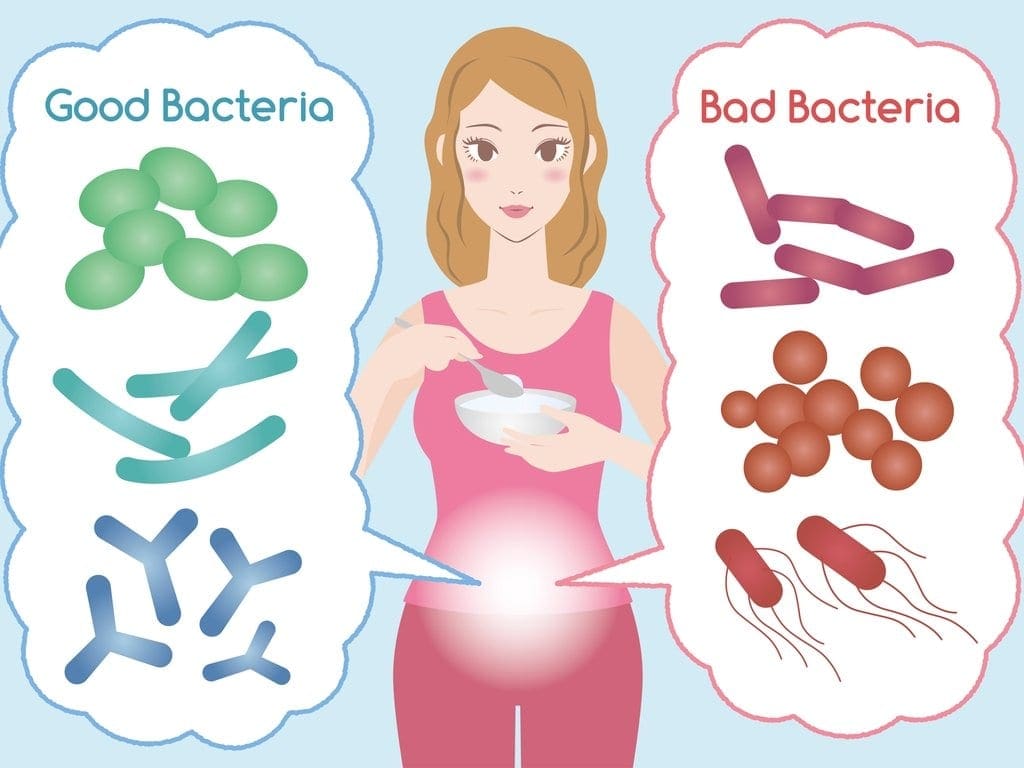If you want to take care of your heart and avoid cardiovascular disease, it’s important to think about what you eat and how it may affect your heart health. A heart-healthy diet can significantly reduce your risk of heart disease or stroke, so it’s always a good idea to learn more about which foods are healthiest for your heart. Here are a few tips to get you started.
Limit Your Intake of Unhealthy Fats
When unhealthy saturated and trans fats play too large a role in your diet, your cholesterol rises and this increases your risk of heart disease. One of the best dietary changes you can make for the benefit of your heart, therefore, is reducing your unhealthy fat intake. Here are a few ways you can do this:
- Avoid foods containing high levels of saturated or trans fats such as crisps and biscuits.
- Limit the amount of solid fats – such as butter, margarine or shortening – you add to food when cooking and serving, and trim the fat off your meat.
- Swap high-fat foods for low-fat counterparts. For example, opt for skimmed milk over whole milk, and lean meats like chicken over fattier ones like ribs.
- Check the labels of packaged foods and look out for the term “partially hydrogenated” – a sign that the food contains trans fats.
Add Healthy Fats to Your Diet
Remember that not all fats are bad for you. Unsaturated fats are essential for good health and good sources of them include:
- Fatty fish like salmon, trout or herring
- Vegetable oils
- Various nuts including walnuts, almonds, cashews and pecans
Steer Clear of Salt and Processed Foods
Consuming lots of salt can contribute to high blood pressure – a risk factor for heart disease. This means reducing the amount of salt you eat is a big part of following a heart-healthy diet. The Department of Health and Human Services recommends having no more than a teaspoon of salt each day. Here are a few things you can do to reduce your salt intake:
- Avoid using salt while cooking or adding it to your food when it’s done. There are plenty of healthier herbs and spices you can use to add flavour to your meals.
- Minimise the amount of canned and processed foods you eat. Much of the salt you eat comes from these, so always opt for fresh foods if you can.
- Choose your condiments carefully, checking the labels for terms like “sodium free”, “low sodium” or “unsalted”.
Eat Plenty of Wholegrains
Wholegrains are good sources of fibre and many other nutrients which play a large role in regulating blood pressure and heart health, so try incorporating these tips into your diet:
- Eat high-fibre cereal for breakfast, or add a few tablespoons of unprocessed wheat bran to your favourite cereal.
- Choose wholegrain or whole-wheat bread.
- Incorporate brown rice and whole-wheat pasta into your cooking instead of their mainstream alternatives.
- Add flaxseed to your meals or snacks.
Eat a Variety of Fruits and Vegetables
Eating plenty of fruit and vegetables is something everyone should be doing for the sake of their general health as well as their heart health. They’re packed with vitamins, minerals and fibre, making them great for your heart, and fitting them into your diet is easy. Try the following:
- Keep vegetables washed and cut in your fridge so they’re there for you to snack on when you get peckish.
- Keep fruit in a bowl in your kitchen so you’ll always see it and remember to eat it.
- Have a side of vegetables or salad with each meal (or fruit with breakfast!), or choose recipes which include vegetables or fruits as part of the main ingredients, such as stir fries or fruit salads.
- Don’t leave out the legumes – add kidney beans, peas or lentils to soups, or black beans to salads.
As you can see from these tips, if you’re already making an effort to maintain a healthy, balanced diet, then you’ll already be eating in a way which benefits your heart. Once you know which foods to eat more of and which foods to limit, it’s easy to find ways to adjust your meals and snacks accordingly. While changing your dietary habits long-term can be tough, making an effort to stick with these tips over time will allow your heart to reap benefits that are more than worth the adjustment!
To receive regular updates on health, diet, fitness and wellbeing issues, why not follow us on Facebook.
You can also sign up to our free newsletter, The Best of Friends by clicking on this link.











